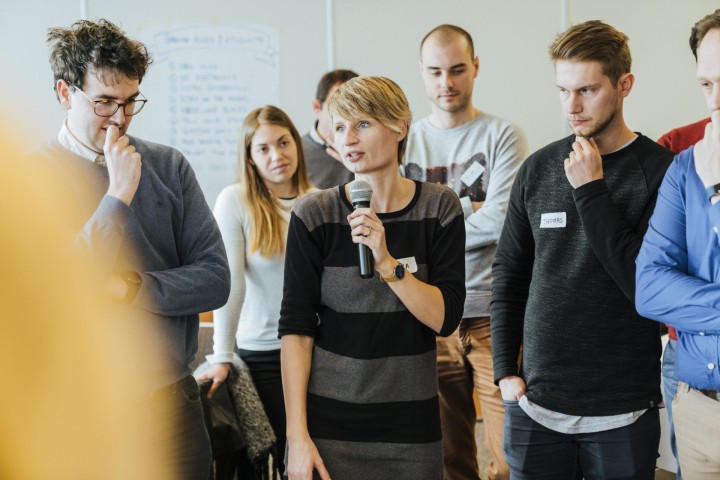Should we work hard, or work smart?
Back to overview-
Digital Marketing
Did you know that you’ve been wasting up to three weeks of your life due to your slow typing skills? There are plenty of helpful articles that will give you seemingly endless tips about how to maximize your output--how to work smart, not hard. Following these hacks helps you you to be more productive without spending more time; working smart to save you from being, well, stupid.
So why is hard work stupid? How can that be? We’re taught from a young age that hard work is respected, that it's noble. Many workplaces reward those they believe are hard workers. Why then, would hard work be under fire?
Why hard work looks stupid
Where “hard work” gets a bad rap is when it’s confused with lots of work. See, hard work can’t be measured in hours alone. This a trap many people fall into, where having more on your to-do list equates to importance, and more time spent on a task deserves the most reward. Sweat and sacrifice can't be the only goal.
It’s true that many tasks require long hours, but the way to measure the value of that task isn’t in counting the hours spent producing it. (Of course, there are exceptions where time is the important output, notably many Guinness World Record title holders.) This misconception that spending a lot of time on often superficial tasks is the same as hard work has come to damage the reputation of this term.

Hard work shouldn’t be a taboo term. Working hard should mean working with passion, caring about the quality and effectiveness of what you do. It can mean doing challenging work, or any work that requires real effort and care. And it can (and should) mean working smartly at the same time. In fact, if you do have a passion for what you are doing, you’ll most likely find ways to optimize that work to get the most out of it.
How can you smarten up your work?
The main challenge in working smart when you’re already working hard, is that routines and isolated execution can keep you from seeing “smart” opportunities. When teams and individuals don’t change or interact with other professionals, they can fall victim to “groupthink”. This is when groups tend to agree in order to maintain harmony within the group, or because over time they have influenced each other into having similar opinions. Static teams will almost always have blind spots when it comes to seeing where they can improve how they work.
What are remedies for clearing groupthink out of the way and gaining perspective into how to work smarter within your team? There are multiple paths to the same solution: fresh perspective. Hiring experienced new people on a team is a great way to get new perspective, however it probably isn’t possible, efficient or cost-effective to do so regularly.
Mixing departments or branches of business allow for sharing insight into “how we do it”, and learning from others’ experiences.
One word often heard echoing around meeting rooms is the term “agile”. Applying agile ideas to the way you work can offer benefits beyond faster delivery and response time. Most agile frameworks encourage cross-functional teams--bringing people with different specialties together for different projects as needed. Mixing departments or branches of business allows for sharing insight into “how we do it”, and learning from others’ experiences. In this way, how a team works is regularly reflected upon by all members of the team. Every time a new team is formed for a project, it is a great opportunity for them to learn how to work smarter.
Many leading companies get the benefit of experienced perspective by regularly working with external consultants. These experts join teams for specific projects for short periods of time, usually between 3 months and a year, and thanks to their time spent in different businesses and industries, they can immediately pick up on the practices and processes that could be improved. In this way, employees gain second-hand experience and can learn ways of working smarter without themselves leaving the company.
If smart work means being efficient and effective, and valuing the results of your effort, then working smart is arguably a form of working hard. What is worth considering is whether your hard work is achieving a worthwhile result, or if it is just the product of hours. Getting outside perspective is the best way to learn how to work smarter, so don’t be afraid to share your opinion with others when you see opportunities for improvement.




